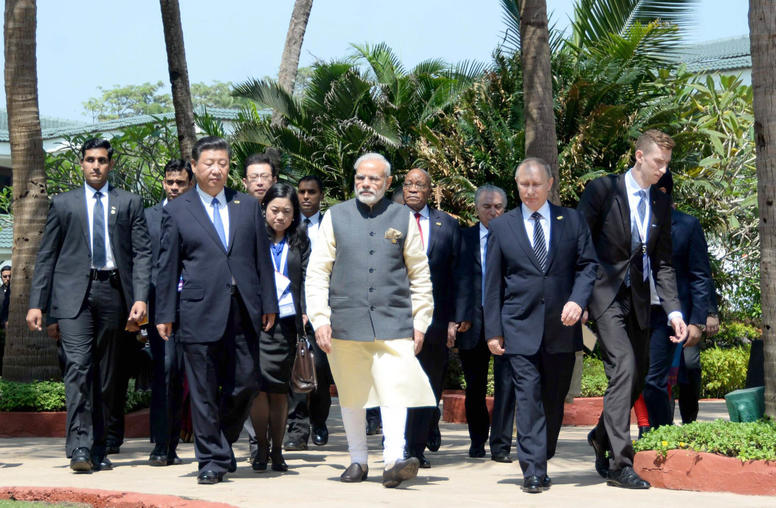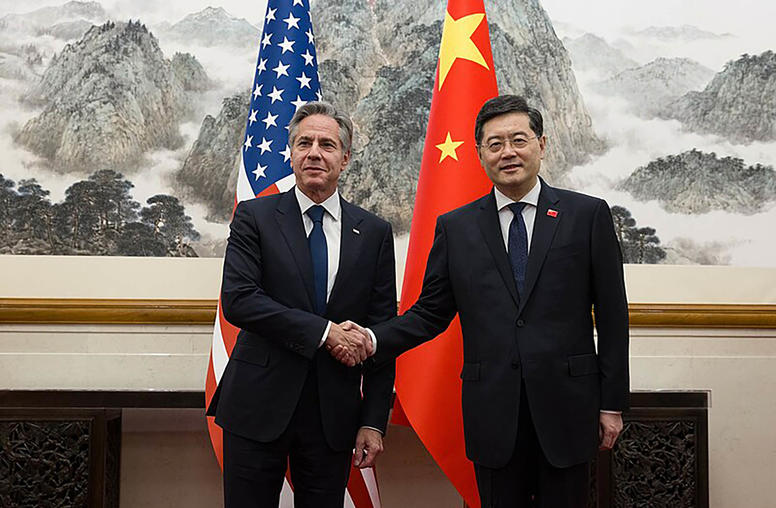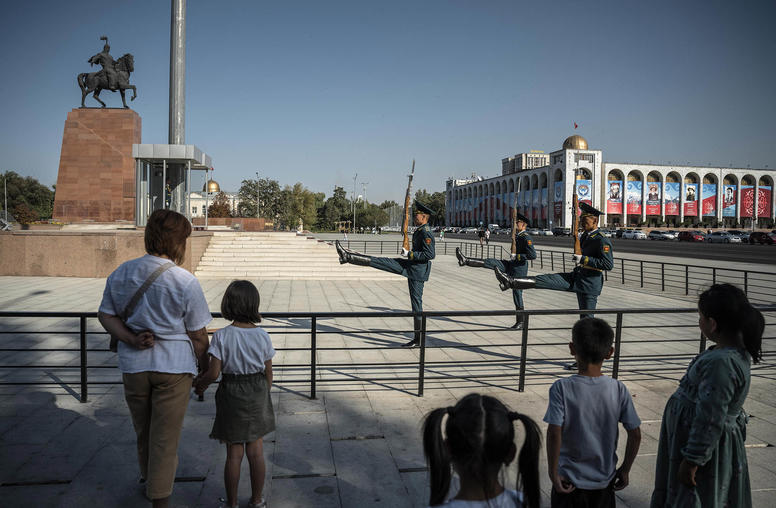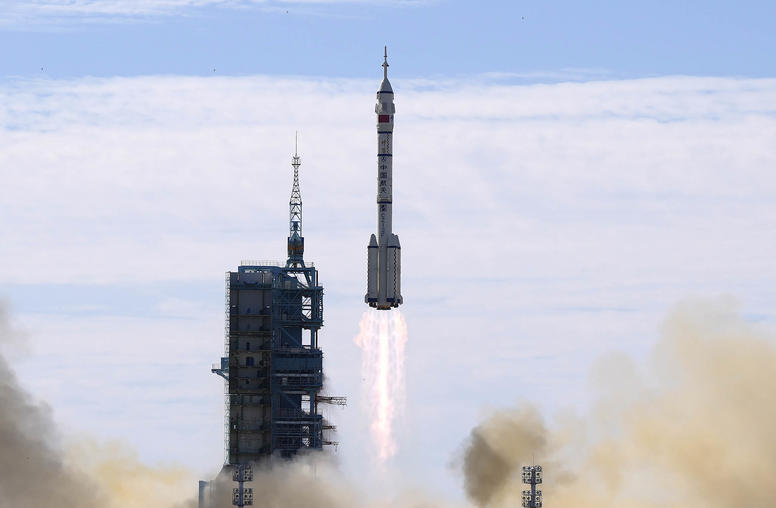Alison McFarland
Contact
Please submit all media inquiries to interviews@usip.org or call 202.429.3869.
For all other inquiries, please call 202.457.1700
Alison McFarland is a program specialist for research with the China program at USIP.
She previously interned with the China program at the Stimson Center and the U.S. Commercial Service at the U.S. Embassy in Beijing. She has also worked as a freelance Chinese-English translator. Her research interests include Chinese foreign policy, East Asian regional dynamics and conflict management.
McFarland holds a master’s degree in China studies from the Yenching Academy of Peking University as well as a master’s degree in Chinese translation from the University of Bath. She has a bachelor’s degree in East Asian languages and civilizations and international relations from the University of Pennsylvania.




